Shoofly Magazine book columnist Carole McKellar checks out spellbinding new works by contemporary authors based on myths spun thousands of years ago.
I first turned to Edith Hamilton’s “Mythology: Timeless Tales of Gods and Heroes,” published in 1942. Hamilton’s retelling of stories from Greek, Roman, and Norse mythology is still used as an introductory text in high school and college. The sheer number of gods and goddesses outlined by Hamilton is overwhelming, but many names are embedded in our language: Zeus, Neptune, Aphrodite, and Atlas.
Greek mythology has provided inspiration to poets and artists from ancient times to the present day. Dating to the 8th century BC, Homer’s “Iliad” and “Odyssey” are the oldest Greek writings available. Plato is probably the most famous Greek writer. His dialogues include the “Republic” and “Symposium.” Sophocles wrote 123 plays including “Oedipus the King” and “Antigone.” Only seven of Sophocles’ plays survived intact. The list of ancient Greek writers includes Aristophenes, Euripides, and Herodotus. Roman writers were heavily influenced by Greek literature. “Metamorphoses” by the Roman poet Ovid contains much of what we know about Greco-Roman mythology. Ovid’s writings influenced the works of Milton, Shakespeare, and Chaucer. Virgil, author of “The Aeneid,” is probably the most famous Roman poet.
Consideration of mythology is timely because of the recent popularity of books and movies about mythic heroes. Movies range from “Hercules,” a Disney animated film, to “The Hunger Games” trilogy from best-selling books by Suzanne Collins. “Percy Jackson and the Olympians: The Lightning Thief” was based on the first novel in a Young Adult series by Rick Riordan.
My personal favorite is the movie “O Brother, Where Art Thou?” by Ethan and Joel Coen. This satire is based on Homer’s poem “The Odyssey.”. The film is set in Depression era Mississippi and tells of three convicts who undertake an epic journey to retrieve a treasure. The central character is Ulysses, the Latin variant of the name Odysseus, the hero of the epic poem. In addition to the Young Adult books, the list of books inspired by mythology is long and diverse. “American Gods” by Neil Gaiman weaves ancient myths into modern culture and was made into a television series. Margaret Atwood, famous Canadian author of “The Handmaid’s Tale,” wrote “The Penelopiad: The Myth of Penelope & Odysseus.” Madeline Miller, a Latin and Greek scholar, wrote “The Song of Achilles,” a novel about the Trojan War, and the newly published “Circe” about the goddess of magic and sorcery. Nashville writer Ann Patchett wrote about “Circe”: “An epic spanning thousands of years that’s also a keep-you-up-all-night page turner.” It’s currently on my nightstand, and I can’t wait to read it.
Mythical references abound in our culture. We’re all familiar with Nike footwear, named for the Greek goddess of victory, and the Apollo Theater, which gets its name from the Greek god of music.
Mardi Gras is filled with mythic names. Nereids, Muses, Hermes, Iris, Comus, Endymion are only a few named for Greek and Roman gods. Perhaps no Mardi Gras krewe is more aptly named than Bacchus, the god of wine and revelry. Other well known allusions to Greek and Roman mythology include:
It is a Herculean task to reduce Greek and Roman mythology to a few paragraphs, but even a cursory look points out its value to Western civilization.
These three fun itineraries for idyllic days in "The Bay" are tailored for fitness buffs, families with children and BFFs who want to explore Old Town's shops. You won't go hungry either, with our local eatery suggestions. Feel free to mix and match at will - you really can't go wrong.
- itineraries and photos by Ellis Anderson
What happens when a very spoiled Chihuahua must cede the number one position in the family to a new baby? Writer, new mom, and old soul, Grace Wilson, tells the story of Presley meeting Pearl.
- story and photos by Grace Birch
And that evening, after I sobered up a bit, we rode to Prairieville and met the tiniest, fluffiest, sweetest puppy that ever existed and we named him Presley Birch.
So before Pearl, there was Presley. Looking back on the past decade of my Instagrams, a predicable timeline quickly emerges:
A tale as old as time. (Or as old as social media, anyways.)
It all begs the question, when did I have time to walk around and take pictures of murals? Also, have I fed the cats today?
When I was 22, a co-worker had a baby and was lamenting how different they were from pets. “You can’t just open the door to let him go outside and play. You have to pick him up then place him outside. Same when he cries to come in...” As I watched Presley piddle in the flowerbed one morning, I briefly fantasized about putting my future child in the patch of dirt next to him instead of changing diapers. Turns out, it doesn’t quite work like that.
Keeping a dog alive for a year does give you an unfounded confidence that somehow this qualifies you to try your new skills on a tiny human.
I was terrified when I found out I was pregnant. You spend your whole adult life paralyzed at the thought of a positive pregnancy test... and then you see one and your eyeballs almost pop out of your head. The brief panic of “what do I do?!” gives way to the realization that your partner is hugging you and he’s really excited and so are you and everything is going to be fine. In fact, everything is perfect. But wait! How is this thing going to get out of my body?! You spend nine months wondering and worrying. But as a very wise woman once told me, “All babies must come out.” At one point, I asked my doctor if Presley (one of the tiniest, fluffiest, sweetest dogs he’d ever meet, I assured him) could perhaps be allowed in the hospital with me. Just to sit beside the birthing pool for encouragement....? “That could be a tough one,” he said stone-faced. Which was not a hard no, I pointed out to anyone who would listen. I was telling this to potential maternity ward visitors, hoping someone would mercifully sneak Presley in, but it turns out people don’t really listen to mothers. They are really just hanging out to get a sniff of a new baby. So we had a new baby. A human baby. And I wondered and worried how she would get on with our fur baby.
I read somewhere you should take something of the baby’s... a blanket, a toy, not like a toe or anything... and you let the dog sniff it before they officially meet.
We rolled up to the Palm House and I flew so quickly through the back door that Presley was still running down the center hall to meet me. I’m not sure who’s tail was wagging faster, mine or his. There we were on the floor together rolling around when I heard my husband clear his throat with a baby blanket in hand. Presley wasn’t quite sure why we were offering him a blanket in the heat of June. Pearl was perched on the dining table in her car seat. Daddy slowly lowered it down and just like everyone else who met Pearl, Presley gave her a sniff and instantly wanted to be her best friend. I melted into the background and became chopped liver. Luckily, Presley loves chopped liver. The next few days and weeks were a blur of fur and feedings. The whole family would literally dog-pile in the bed and we wasted summer days away napping and snacking. The dog had never been happier. Presley also had a new form of transportation: a baby carriage. It turns out that people don’t really take you too seriously when you’re strolling around a small animal and a baby in a carriage.
Once I was simply trying to get to the French Quarter Post Office before it closed, and I simply couldn’t. People were frozen in their tracks in front of me pointing, staring, cooing, Instagramming... one woman at least tried to give me a dollar to take a picture. I explained we weren’t a performance art piece - just a little basket of adorables trying to run an errand. Nothing to see here.
Turns out, they are quite the sight. Presley and Pearl have survived two Easters together now. The cats are just “ca-cas” still, but Presley is a little person with his own name in her small world. My fears of sibling rivalry diminish daily. There’s less and less tail-pulling and more and more food sharing. We can’t wait to witness years more of adventures. I’d love to hear your fur baby (and real baby) stories. Bonus points if you send me puppy and baby pics. Spam me at [email protected].
In a world where going "paperless" is the new trend, artist and ephemera collector Vicki Niolet takes at look at a few of the things we'll be missing.
- story and photos by Vicki Niolet
The term “ephemera” comes from the Greek meaning things that are used or enjoyed only a short time. A collector of ephemera usually seeks printed material other than books, such as brochures, newspapers and magazines.
Handwritten letters, postcards, and manuscripts, basically any loose paper with messages or images, may also be valuable. (Unfortunately this reasoning may empower hoarders who can’t throw anything away.) Most folks randomly accumulate bits of their past in scrapbooks full of ticket stubs, photographs, class report cards, and love letters for sentimental reasons. Some appreciate the artistry and detail of greeting cards with rich colors and elaborate cut outs, such as “cobweb valentines.” Others spend lifetimes tracking down baseball cards, historical documents, or famous autographs resulting in valuable collections that are anything but temporary.
Advertising pieces are one of the most popular categories of ephemera. Long before Hollywood came up with the idea of “product placement” leaving a trail of Reese’s Pieces in “ET,” tempting messages were fed to us unconsciously in fine print on matchbook covers, needle cases, calendars, and other touchable items handled during the course of a day.
An early example of product exposure is the funeral home advertising on the back of paper fans. It straddles the line of insensitivity and genius, while hitting all the situational marks, strategically located on items that were tangible, visible, and very necessary.
Fluttering “Last Supper” fans kept delicate ladies from swooning, while subliminally reinforcing the commercial elephant in the parlor. And most importantly, they solved a problem in an uncomfortable situation. No one likes to grieve in the heat.
Pin ups of movie stars boosted wartime morale of soldiers who were encouraged to join the war effort through inspiring recruitment posters. Movie placards and stage playbills have always attracted the attention of the public as well as collectors.
Entertainment ephemera include iconic concert posters (Woodstock, Monterrey Pop, N.O. Jazz Fest) and letterpress prints made famous by “Hatch Show Print” of Nashville. While these remain highly pursued by collectors, there’s a new breed of collectible creators who capitalize on our need for tangible keepsakes in a technically oriented society.
In 2015 two young entrepreneurs landed a deal on “Shark Tank” for their company, ZinePak. The original idea started as a merchandizing strategy for brick and mortar stores to compete with downloaded music. They gave customers an incentive to purchase CDs with photos, booklets, and souvenirs, enhancing the original idea of album liner notes.
In addition, they design elaborate tickets, programs, trading cards, and mixed media packages for concerts to create a tangible experience lasting beyond the performance. With clients ranging from Dolly Parton to Justin Bieber, the marketing maneuver provides physical proof of super fan status and a new category of 21st century ephemera.
With that in mind, consider the graphic trends of today and you’ll notice a retro vibe. Modern websites employ nostalgic images with classic design flourishes and borders from early paper advertising.
This movement embraces the emotional value of vintage. Circus tent images, art-deco symbols, and printers’ dingbats (the graphic kind, not Edith Bunker) have dominated new print and digital media. Fonts reminiscent of headlines from The Daily Planet echo another era, like facing mirrors, old and new images infinitely reflecting each other.
In general, a disposable feature tends to devalue most items, but in the case of amassing ephemera it is the defining characteristic that sparks a collector’s interest. Although transitory and more fragile than pottery shards or arrowheads, paper paraphernalia also record the history of everyday life.
In the future, flea markets and antique malls full of paper may become archeological digs revealing secrets of the 20th century.
If the trend toward “paperless” continues, eventually anything in our current lives involving paper will become collectible. Imagine your grocery receipt, unearthed in 2099 being scrutinized to discover the secrets of a lost civilization. Be careful what you purchase. You may be defining our primitive society.
Check out the works of Bay St. Louis artist Vicki Niolet on her website,www.vickiniolet.com
One of the loveliest city parks in the country is within a stone's throw of the Mississippi coast, boasting groves of live oaks, live animals and live music.
- story by Lisa Monti, photos by Lisa Monti and courtesy Audubon Nature Institute
During the Second Saturday Artwalk each month in Old Town Bay St. Louis, you'll find cool deals, fresh meals and lots of art and live music! The good times roll year around with this family-friendly event celebrating life and art in the Bay.
Serious Bread Bakery
|
|
|
Coast Cuisine - April/May 2018
|
- story by Lisa Monti, photos by Lisa Monti & courtesy Smokin' Jo's
115 South Beach Blvd.
Bay St. Louis
228.344.3190
Tuesday-Sunday 11 a.m. to 9 p.m.
“The pulled pork definitely is the most popular meat item but the Bay Fries have already become famous. They’re flying out the window,” said owner Jolynne Trapani.
Since the barbecue restaurant opened March 13, customers have been heading for the order window at the shack in front of Buoy’s Bar for barbecue and sides. They’ve also been calling in orders for pickup and delivery since Smokin’ Jo’s is one of a few places in town that deliver.
The menu and the delivery service are part of what sets the place apart and the response has been favorable.
And if conditions are just right, the restaurant’s large smoker sends the scent of barbecue in the air. “Some people have said, “We can smell the smoker from my house,” Trapani said.
Back to those favorites. The waffle fries, unique to beachfront restaurant menus, are topped with fresh bacon bits, green onion, cheddar cheese and pulled pork drizzled with secret white sauce and BBQ sauce. Dorm-bound Stanislaus borders are among Bay Fries biggest fans, Trapani said.
Brisket is a special treat to smoked meat fans and at Smokin’ Jo’s it is served in slices on the Train Bridge sandwich (delicious, especially the burnt ends), on meat plates sliced with two sides, by the half or full pound and as an accent to BBQ nachos, another rising star on the menu.
You can also have it on Grace’s Barbecue Soft Tacos, which I did, along with one tortilla filled with that tasty pulled pork. The tacos are topped with mango pineapple slaw for sweetness and a spicy blend of sriracha, fresh jalapeño slices and just bit of BBQ sauce. There’s a lot going on in this serving and it’s all good.
Next time, I’m going for the sausage, which comes on a stick as a starter, as a Salt Water Slaw Dog on a bun (two per order) and on a meat plate.
“The sausage is amazing, very flavorful, not all that fatty and with a crisp casing,” Trapani said. It comes from a Mississippi family owned producer with a long reputation. On weekends, you can try alligator sausage, but order early. It sells out quickly.
Great news for ham fans. Smokin’ Jo’s will be smoking 10-pound spiral hams for every holiday, starting with Easter this year. If you missed the special order, you can get smoky slices for a short time in old fashioned ham sandwich with melted cheese served on bread toasted on the griddle.
Smokin’ Jo’s also does catering. Look for a ribbon cutting Saturday, April 28 at 4 p.m.
|
|
Across the Bridge - April/May 2018 |
- by Rheta Grimsley Johnson
|
My dog Boozoo is named for the late Zydeco king, Boozoo Chavis, though, honestly, I know little about the man or his music. Authorities say his accordion squeezed into existence modern Zydeco.
Chavis died only a few days after I adopted a year-old Boo from the pound, 17 years ago this month. I was staying in Henderson, La., and the French radio station was all about Boozoo, all the time. “What a great name,” I thought. The Lobo song about “me and you and a dog named Boo” ran through my head as well. Names are important. Children suffer mightily from cute attempts at naming by careless parents. I myself am a victim of bastardized spelling. |
Across the Bridge
|
I always try to envision yelling a dog’s prospective name loud and long into a populated world without sounding foolish. I try to keep it simple.
Boo was the perfect name for a perfect piebald, brown and white, mixed-breed. I’ll admit. I first wanted him just to release some of the pressure cooker steam that powered my young yellow Lab, Mabel. I wanted another energetic puppy to run her ragged.
Boo did that and more. He was devoted and diligent, even after he caught a slow-moving pickup truck that broke his leg. It was set but never mended properly. That didn’t slow him much, not for a decade and a half anyhow.
Boo was born to play toady. He didn’t seem to mind leftover collars and leashes and bowls. He took whatever bed that was left, possibly remembering the hard ground from his year in the joint. As long as he got enough food, he was uncomplaining, even happy.
Life without him is hard to imagine.
But on a recent Sunday I had to start. Imagining. Life without Boozoo. Friends took turns digging a grave for him across the branch in the hollow in North Mississippi where I spend much of my life.
Boozoo had fallen, reinjuring that old break in his front leg. He’d essentially been a three-legged dog for all these years, but now he was down to his two back ones, those stiff and straight from arthritis. Any attempt to walk sent him crashing on his head, or sometimes his side. When that happened, he thrashed about frantically like a beached fish and yelped.
The plan was to take him to his veterinarian on Monday, soon as she opened, let her inject a little mercy and bring his tired carcass home. Plans are for fools.
The doctor couldn’t see us till 2 p.m. I was glad for the extra time. I spent most of that day lifting Boo to wherever he needed to be, and then watching him sleep a fitful sleep. Because he’s always been about the feed bowl, I gave him extra and special rations.
I gave Boo Vienna sausages. I knew from experience – countless fishing expeditions as a child – what a guilty pleasure those could be.
I left a little early for the vet’s office to drive a way we never go. My thought was that by using a different route Boo wouldn’t suspect our destination.
I went inside and told Boo’s doctor what was happening and asked if she’d bring her needle to the car. She pressed me to allow an examination.
I rather reluctantly brought Boo to her table, resenting the trauma that he always feels when boosted onto the slick exam table. Not a good last memory, I thought. Better to have ended with Vienna sausages.
“It’s not broken,” she said. “We could try an anti-inflammatory and if it’s going to help it will help quickly.”
That is how Boo and I soon were on our way back to the hollow, adjusting to a new routine. The shot made a dramatic difference. The pain seemed to go away. He still stumbles but less frequently.
Boo for the first time is the center of attention. The other dogs sense he’s been promoted.
And I am walking that fine line, doing a little stumbling myself. It is hard to decide when to let go. On the one hand, it’s easy to do all you can for an old, old friend who has never made many demands before. But I don’t want to make Boozoo – veteran of The Joint – suffer needlessly.
For now, at his doctor’s suggestion, we soldier on. “It won’t be for long,” she said.
Boo has been through all the states between Mississippi and Colorado. He has visited in Alabama, Louisiana, Georgia and Tennessee. He’s been in the back of a half dozen vehicles and on the cover of a book. He’s growled at one person, nipped one person, fought occasionally over food, but mostly been a sweet-tempered, long-suffering, patient-to-a-fault companion.
The pile of dirt across the branch is a constant reminder of Boozoo’s ultimate destination. Pulling back from it, if only for a few days, feels right.
|
|
Shared History April/May 2018 |
- by Pat Murphy, photos courtesy of the Kinski Krewe and Ellis Anderson
|
In the early part of 1971 old friends, Ronnie Genin, Wayne Fillingame and Pat Murphy found themselves sitting around the Genin family kitchen table on DeMontluzin Street. The topic of conversation concerned the fact that in their late teens and early twenties the friends were all getting old. With a future of college, careers, marriage and families, the group needed to figure out how to continue to party together regularly in the future. This was deemed at the time to be important business.
A couple of months later this same group, along with Michael P. Larroux, found themselves at the run down old Gulf Theatre across from the railroad depot in downtown Gulfport. The movie was a double feature Klaus Kinski B horror movie featuring "The Creature With The Blue Hand" and "The Beast Of The Yellow Night.” These movies can still be seen occasionally at three or four in the morning on late night TV. |
Shared History
|
The idea centered around bringing old friends together at least once or twice per year for social events. While this group was never in need of an excuse to party, they felt that this organization would be a way to make sure it happened. The party, quite simply, had to go on.
Over the next several months there were additional meetings held to come up with some operational rules for this loose-knit organization. These meetings were held mostly around parents’ dining room tables and included a few more friends interested in being involved as things progressed.
Shortly before the end of 1971, the opportunity arose to ride on a Mardi Gras float in the Pass Christian parade. David Adams' father, Howard already belonged to a group that was participating in this parade every year. Howard offered to sell the Kinski group a dilapidated old float that was laying around behind the florist's greenhouses. For the modest purchase price of $25 Kinski bought the old float from Howard and the Kinski krewe was rolling just like that.
Well, not quite, because with Pat Murphy's father pulling the float in a pickup, the tongue of the float broke off in the middle of the 1972 parade and the ride had to be completed in the back of the pickup truck. However, a marvelous time was had by all and a decision was made that this parade was to be the annual event that the Krewe would be centered around.
The following year Kinski held its first "Mardi Gras ball" on the Saturday night before the parade at John Heath's parents’ home (without their knowledge while they were out of town). After about two years the ball was moved to the Friday night before the Pass parade.
The thinking was that this would give the members a full day and night to recuperate from the ball before riding in the Sunday parade. In a somewhat loose coronation ceremony, Pat Murphy was crowned King Klaus I. The reason for his choice will forever remain a secret within the confines of the Kinski organization and its archives.
Each year a new King would be crowned when the court was announced. The King would be decided upon by the King Selection Committee made up of the previous three kings, whose duties also included naming a Queen, Dukes and Maids for the court.
After the King's ride in the current year's parade, he would serve as Kaptain of the Krewe, overseeing the business of the organization until the following year. Prospective new members were only brought up for vote before the organization after they had been accepted and approved in a closed meeting of “grandfathers."
The Kinski balls were created as spoofs on the formal New Orleans Mardi Gras ball's pomp and circumstance. The King’s crown has always been dilapidated old porcelain chamber pot while his scepter was a glittered plumber's helper. Irreverence has always been the Kinski Krewe's central theme.
When the organization was founded, no one thought that it would expand beyond a tight-knit circle of close friends. Through the years the circle eventually expanded to include friends of friends, younger brothers, cousins, etc. Members have come and gone. Some of the grandfathers have become inactive and no longer participate in the functions or business of the organization.
For a number of years the Kinski float was kept in a "den" that the group constructed on property owned by Howard Adams next to his greenhouses in Pass Christian. Later the float was moved to property belonging to the Battalora family's Pass Wholesale Supply.
Both of these dens were destroyed in Hurricane Katrina and the float sustained substantial damage but was repaired and continued to roll. Eventually in 2010 the organization rode in the Pass parade for the final time and the float was brought to Waveland and a warehouse on property owned by the Markel family. Several years later in 2014, the group began to ride only in the Waveland St. Patrick's Day parade.
Through the years, especially when members were a bit younger, there were some particularly spirited parade rides, especially in the Pass Mardi Gras Parade. The details of these spirited rides shall also remain within the confines of the Kinski Krewe archives. What went on back there stays back there!
With the passage of time membership and annual participation has waned. Some of even the youngest in the group are now grandparents and many members, frankly, have other priorities today.
There has been much speculation that the 2018 Waveland St. Patrick's Day Parade will have been be Kinski's Last Ride. If you attended this year's parade you saw lots of cabbage, carrots and corn being thrown from the Kinski float as well as the usual spirited irreverence toward everything!
After the parade the Krewe threw a "Kinski's Last Ride" Part One celebration in the Longfellow Civic Center at the top of the Bay St. Louis parking garage. "The Garagemahal" as it is affectionately known to many, was a fitting location for the krewe party. Only a limited number of tickets were sold and the affair was a sellout. The Kinski Krewe's first king as well as twenty-first king, Pat Murphy and his band, 'Sippiana Soul played to a packed room full of dancing, partying people.
|
|
Sponsor Spotlight - April 2018
|
- story by Lisa Monti, photos by Ellis Anderson
|
Bay Town Inn
208 North Beach Blvd. Bay St. Louis 504-421-0960 Bay Town Inn will turn five years old in September and owner Nikki Moon hasn’t really changed much at the popular 10-suite inn. But change is all around the inn. “Our town has so much more to offer than we did five years ago,” says Moon. Each time her guests return, and an astonishing 40 percent of them do, there’s a new shop or restaurant for them to try. “They return to the places they loved the first time and then they get to try something new.” |
Sponsor Spotlight
|
It’s easy to see why Bay Town Inn keeps guests returning. With its welcoming, coastal setting overlooking the beach in Old Town, the inn manages to appeal to both business and leisure travelers. Mississippi First Lady Deborah Bryant is among the returning guests.
The second floor Lighthouse Room on the second floor is over 700 square feet with a queen bed, sofa-sleeper, full bath, kitchen area and a private deck.
Weekend guests have a full breakfast delivered to their suite. During the week a lighter meal is waiting for guests in their room. Fresh flowers, waffle weave robes and free wi-fi are among the amenities.
Guests on social media travel sites can’t say enough about Bay Town Inn, which consistently received the highest reviews. The comments tend to be superlative: A gem, first class, excellent location, fabulous food. “We hated to leave but made plans to meet again next Summer at The Bay Town Inn- but for a longer stay!”
Moon has established strong relationships with agencies and companies at Stennis Space Center agencies as well as industries at Port Bienville and Stennis Airport.
“We get a lot of business from that and those guests love it here. They’ve been working all day and can park their cars here, change clothes and then walk down the block for something to drink and a bite to eat without having to get in the car again.”
Weekend guests are primarily couples from New Orleans, the North Shore, Baton Rouge and Hattiesburg. The Millennial travelers also come to the inn because they like the roomy accommodations and all of the town’s entertainment options. “They love the Bay,” Moon says.
“We also have lots of mother daughter weekends, sisters weekends, people who like to go fishing and play rounds at our great golf courses. It’s a nice variety.”
Moon shares her hospitality experience by serving on the boards of the Hancock Chamber and the tri-county Mississippi Gulf Coast Convention Bureau to help promote Bay St. Louis as part of the entire Gulf Coast region.
“It’s a way to give back to my community,” she says. "Everybody has to step up and do their part. When you live in a small town, it takes every one of us.”
Studio Waveland Opening
The opening of Studio Waveland’s gallery and inaugural art show “Introduction” will be Saturday, April 7th, 5pm - 9pm.
“Introduction” features the works of artists long associated with Erica and Mitchell Gaudet and their other spaces, Studio Inferno and Studio Arabi. |
What's Up, Waveland
|
Stephen Paul Day, Sybille Peretti , Mary Jane Parker, Gary Oaks, Michael Guidry, Shmuela Padnos, Karen Edmunds, Frances Swigart, Hiroshi Yamano, Patti Meagher, Jolene Barkley, Charles Bendzans, Bonnie Bendzans, Erica Larkin Gaudet, and Mitchell Gaudet.
This art exhibit at Studio Waveland will be the first of many collaborative openings showcasing exciting work of group and solo exhibitions of local, regional, national and international artists.
Studio Waveland hopes to promote the arts and culture of Waveland & Hancock County by participating in gallery openings every 2nd Saturday evenings of each month. Studio Waveland has a list of exciting events planned as well. Please connect with Studio Waveland through Facebook & Instagram and subscribe to www.studiowaveland.com to stay informed of future events & openings.
The gallery opening is open to all. Please spread the word.
To read more about the Gaudet's and their coming to Waveland last December, click here.
Crawfish Cookoff
Team entry is $150, and C&R provides teams with sacks of crawfish. Prizes of $500 and $250 will be awarded to the champion and runner-up teams, respectively. Trophies will be given to 1st, 2nd, and 3rd place teams, as well as to the People’s Choice, Most Unique Edible Lagniappe items, Crowd Favorite and Best Booth.
Teams entries are limited for this event, so call 228-493-9922 today to secure your spot,
Admission is just $25 for adults and $10 for kids (9–12), and under-8s are free. The C&R crawfish cook-off will benefit Hope Haven of Hancock County.
Golf Carts
Waveland with the support of Hancock County’s delegation with Philip Moran was able to get MS Senate Bill 2940 passed through the Senate and House during the 2018 Mississippi Legislative Session. The bill passed unanimously in the Senate and with very little opposition in the House. All the bill is waiting on is the signature of Gov. Phil Bryant.
Waveland is committed to ensuring safety of all parties that drive on our roads. An operator of a golf cart must be a licensed driver and golf carts will be restricted from some Waveland roads.
|
|
Beach to Bayou - April/May 2018 |
- story by Lisa Monti
|
Our beach season gets underway well before summer officially arrives in June. All it takes is warm springtime weather to draw crowds of sunbathers and swimmers to the sand and shoreline.
To help make sure that beachgoers know if it’s safe to go in the water, the Mississippi Department of Environmental Quality’s Beach Monitoring Program collects water samples at 21 locations from Lakeshore to Pascagoula. Four of the testing locations are in Hancock County: near Lakeshore Drive from Silver Slipper Casino to Poinset, at the entrance to Buccaneer State Park, near Vacation Lane in Waveland and at St. Charles Street in Bay St. Louis. |
Beach to Bayou
|
What they’re looking for is Enterococci bacteria, which Upton calls “an indicator organism” that signals pollution caused by stormwater runoff, wildlife, boating waste or sewer overflows. High winds and heavy rainfall can also increase bacteria levels in our coastal waters. That’s why the Beach Task Force recommends not swimming during or within 24 hours of significant rainfall.
Below: the Four Hancock County Monitoring Stations
click on the individual maps for the latest report
Click here to see all Mississippi monitoring stations
You can still enjoy the sand beach section but, MDEQ says, you swim at your own risk.
The advisory is lifted after two daily samples show acceptable levels.
Very seldom does MDEQ issue beach closures, Upton said. “We do from time to time have sewage releases into the Sound from infrastructure failures. Then we will immediately issue an advisory and out of an abundance of caution, we make the advisory area probably bigger than it should be and assess the impact and monitor it daily until the threat is no longer there.”
Upton said MDEQ puts great emphasis on its beach monitoring public notification system and website which contains current and historic data going back to 2000 for its sampling locations. The public can sign up to receive email notifications, automatic text messages and Twitter blasts about the beach advisories.
“The whole emphasis for beach monitoring is to make sure beachgoers know the condition of the water they will be swimming in,” he said.
To receive beach advisories, send an email to [email protected], text "MDEQbeach" to 95577, or follow MDEQ on Twitter: @MDEQ.
|
|
Talk of the Town - April 2018 |
- story by LB Kovac, photos by Ana Balka, Lionel Haynes, Jr. and courtesy Relay for Life
Members of participating community teams will take shifts walking or jogging in this fun "marathon" event that raises money for the American Cancer Society. Teams will also sell snacks, drinks and register folks for prizes.
Click here to register for the event! Don't have a team? Join one, they'll be delighted to have you!
|
The 2018 Hancock and Harrison Counties Relay for Life Honorary Survivor Art Clementin celebrated his 70th birthday this year. "I'm 70 years young," he tells me over the phone in a big, booming voice, laughing.
A former educator and school administrator, he keeps his days full volunteering with local social organization Men of God, teaching Bible classes, and delivering a radio show three times a week. "I'm doing whatever I can to be involved in and help our community," he says. Just nine years ago, this idyllic picture was a little darker for Clementin. He got a scary diagnosis: early stage prostate cancer. "I was very fortunate," he says. "Very blessed." |
Talk of the Town
|
According to the Mississippi State Department of Health, an average of 14,000 people in our state are newly diagnosed with cancer each year. Colorectal and breast cancers are the most common diagnoses, but prostate and mouth cancer diagnoses are on the rise.
The costs of cancer treatment, coupled with the increasing number of diagnoses, mean that cancer is also close to eclipsing heart disease as the number one killer in Mississippi. In 2016, 20% of deaths in the state were caused by cancer, according to the Health Department.
Clementin puts his faith in the research that is carried on by organizations such as the American Cancer Society. "I was assisted [in my own recovery] because of research done years ago," he says. "I'm a recipient of lots of people's research and hard work in the medical field."
Clementin's role as Honorary Survivor comes with quite a bit of responsibility. It's not wearing a sash and waving at crowds - Clementin must help bridge the gap between cancer survivors and the public, whose donations can greatly affect the outcomes of their diagnoses.
"That's why I want to encourage as many people as possible to attend," says Clementin. "We need to get the public involved and fight this horrible disease." With more donations, the research necessary to fight the spread of cancer can proceed.
Bernadette Cullen, along with her co-chair Nonnie Richardson, are the organizers of this year's Harrison and Hancock Counties Relay for Life. The event is slated to take place April 21 at the Our Lady of the Gulf Crabfest grounds.
story continued below
Scenes from past Relay For Life Events, Hancock County
Cullen points out that Relay for Life is different from other cancer fundraisers because it doesn't just support one type of cancer. "All types - breast cancer, pancreatic cancer, leukemia - you name it, we support it. The money goes to help research for all types."
She adds, "Most of the money stays locally. It goes to all kinds of things that your neighbors need, like medicine, doctor visits, rides, etc."
Without the focus on a particular cancer, Relay for Life attendees and organizers are free to focus on the survivors themselves. People like Clementin, who have successfully treated their cancer, as well as people who are still actively battling their cancers.
Categories
All
15 Minutes
Across The Bridge
Aloha Diamondhead
Amtrak
Antiques
Architecture
Art
Arts Alive
Arts Locale
At Home In The Bay
Bay Bride
Bay Business
Bay Reads
Bay St. Louis
Beach To Bayou
Beach-to-bayou
Beautiful Things
Benefit
Big Buzz
Boats
Body+Mind+Spirit
Books
BSL Council Updates
BSL P&Z
Business
Business Buzz
Casting My Net
Civics
Coast Cuisine
Coast Lines Column
Day Tripping
Design
Diamondhead
DIY
Editors Notes
Education
Environment
Events
Fashion
Food
Friends Of The Animal Shelter
Good Neighbor
Grape Minds
Growing Up Downtown
Harbor Highlights
Health
History
Honor Roll
House And Garden
Legends And Legacies
Local Focal
Lodging
Mardi Gras
Mind+Body+Spirit
Mother Of Pearl
Murphy's Musical Notes
Music
Nature
Nature Notes
New Orleans
News
Noteworthy Women
Old Town Merchants
On The Shoofly
Parenting
Partner Spotlight
Pass Christian
Public Safety
Puppy-dog-tales
Rheta-grimsley-johnson
Science
Second Saturday
Shared History
Shared-history
Shelter-stars
Shoofly
Shore Thing Fishing Report
Sponsor Spotlight
Station-house-bsl
Talk Of The Town
The Eyes Have It
Tourism
Town Green
Town-green
Travel
Tying-the-knot
Video
Vintage-vignette
Vintage-vignette
Waveland
Weddings
Wellness
Window-shopping
Wines-and-dining
Archives
July 2024
June 2024
May 2024
April 2024
March 2024
June 2023
March 2023
February 2023
January 2023
December 2022
November 2022
October 2022
September 2022
August 2022
July 2022
June 2022
May 2022
April 2022
March 2022
February 2022
January 2022
December 2021
November 2021
October 2021
September 2021
August 2021
July 2021
June 2021
May 2021
April 2021
March 2021
February 2021
January 2021
December 2020
November 2020
October 2020
September 2020
August 2020
July 2020
June 2020
May 2020
April 2020
March 2020
February 2020
January 2020
December 2019
November 2019
October 2019
September 2019
August 2019
July 2019
June 2019
May 2019
April 2019
March 2019
February 2019
January 2019
December 2018
November 2018
October 2018
September 2018
August 2018
July 2018
June 2018
May 2018
April 2018
March 2018
February 2018
January 2018
December 2017
November 2017
October 2017
September 2017
August 2017
July 2017
June 2017
May 2017
April 2017
March 2017
February 2017
January 2017
December 2016
November 2016
October 2016
September 2016
August 2016
July 2016
June 2016
May 2016
April 2016
March 2016
February 2016
January 2016
December 2015
November 2015
October 2015
September 2015
August 2015
July 2015
June 2015
May 2015
April 2015
March 2015
February 2015
January 2015
December 2014
November 2014
August 2014
January 2014
November 2013
August 2013
June 2013
March 2013
February 2013
December 2012
October 2012
September 2012
May 2012
March 2012
February 2012
December 2011
November 2011
October 2011
September 2011
August 2011
July 2011
June 2011

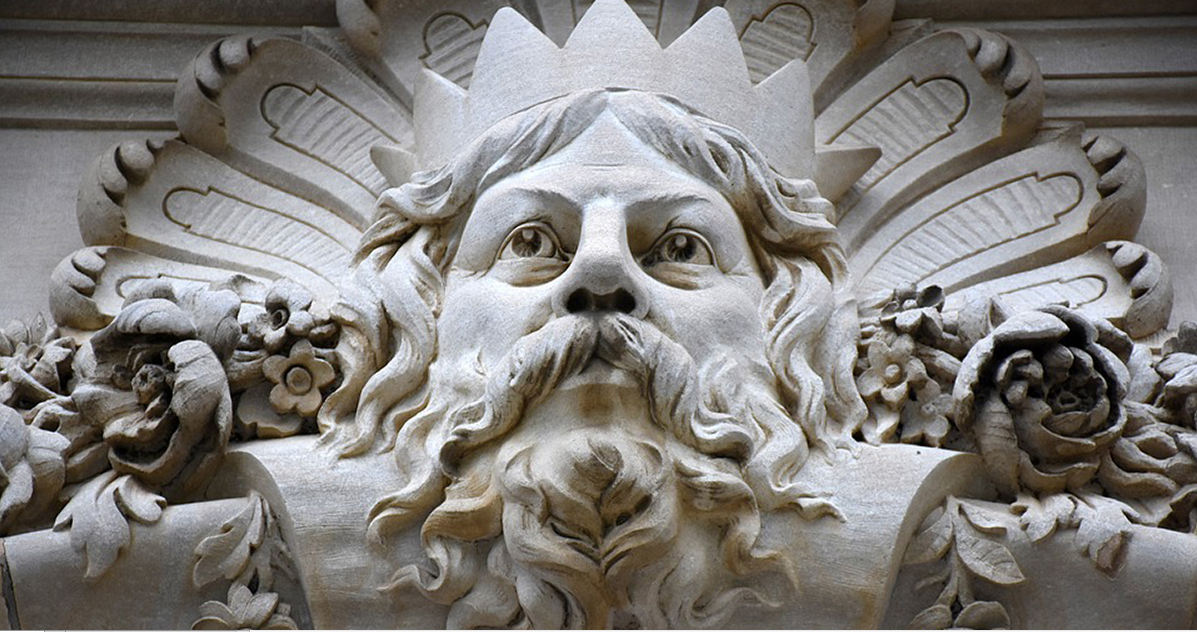
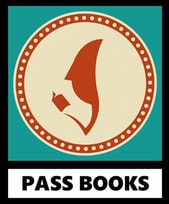
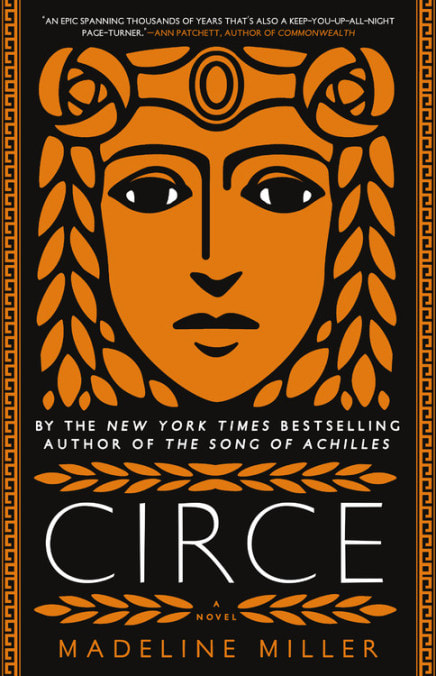
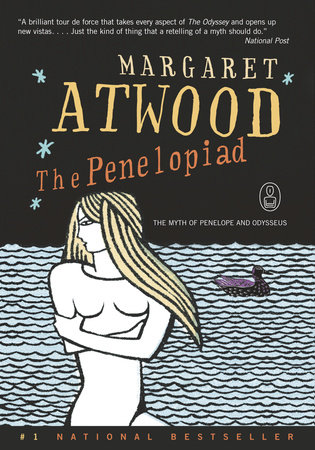















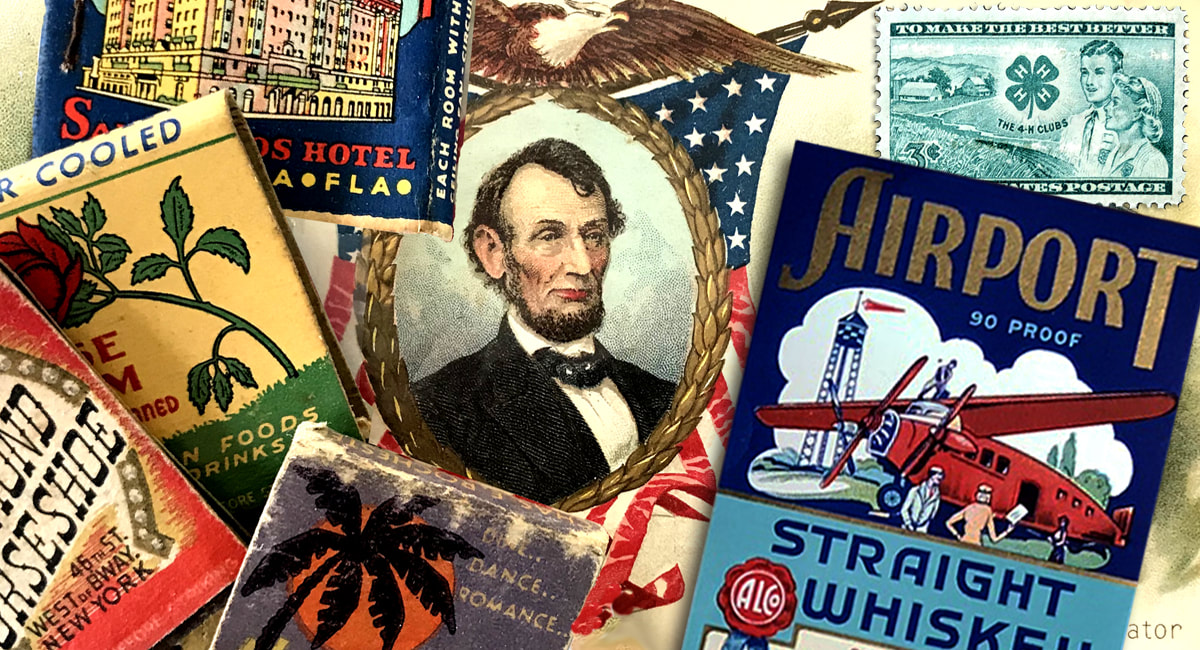





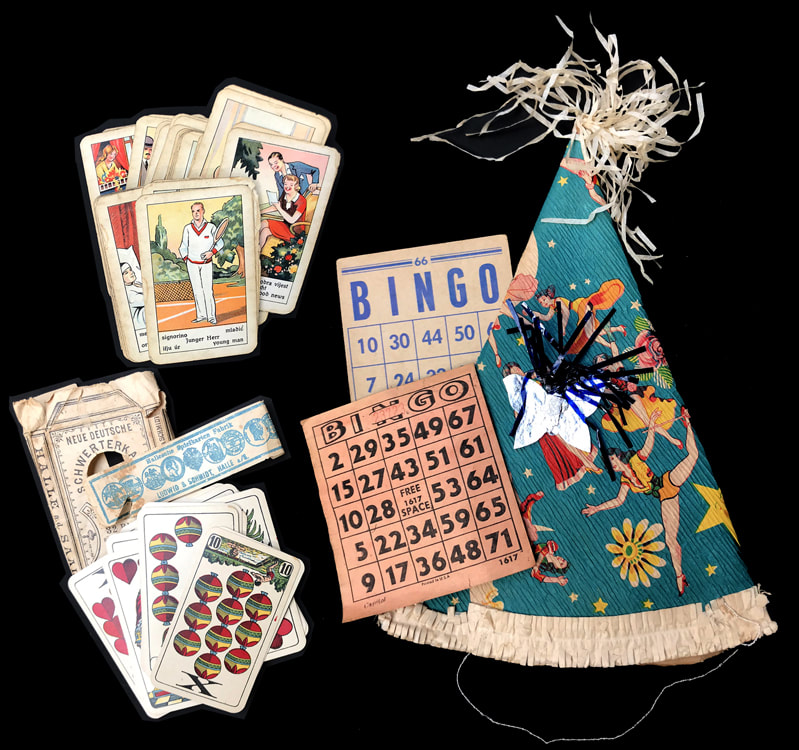

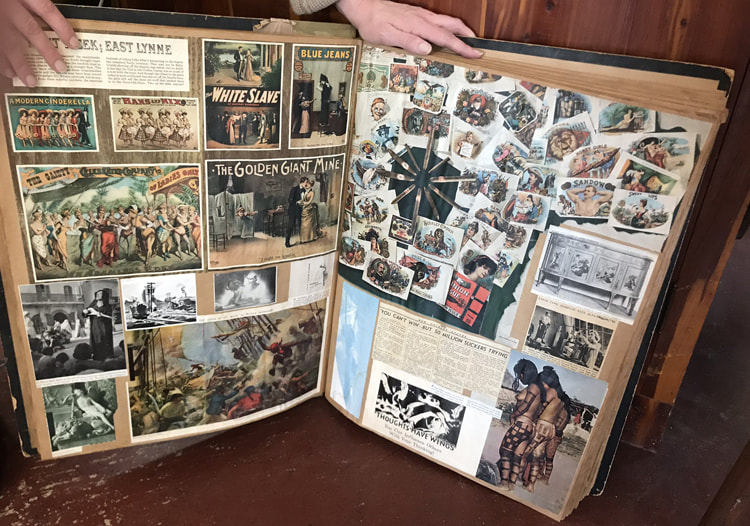
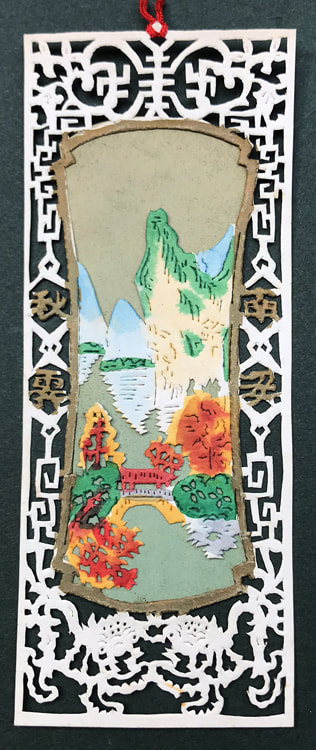
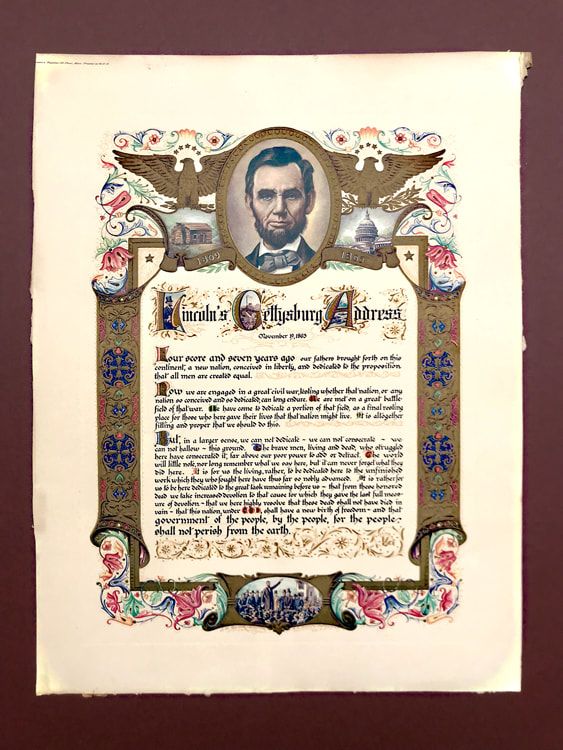


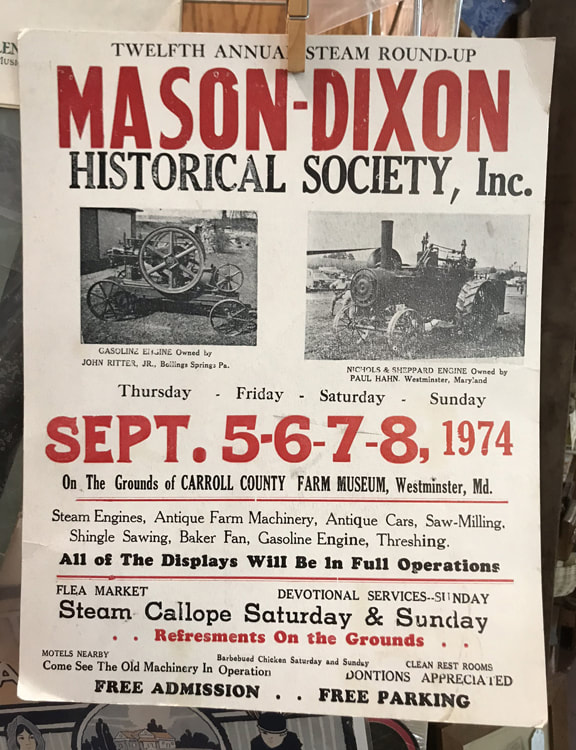
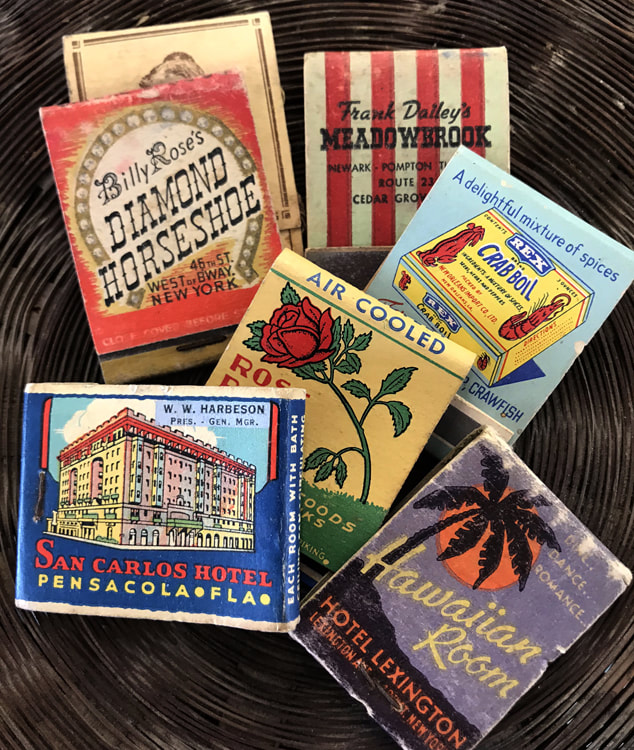
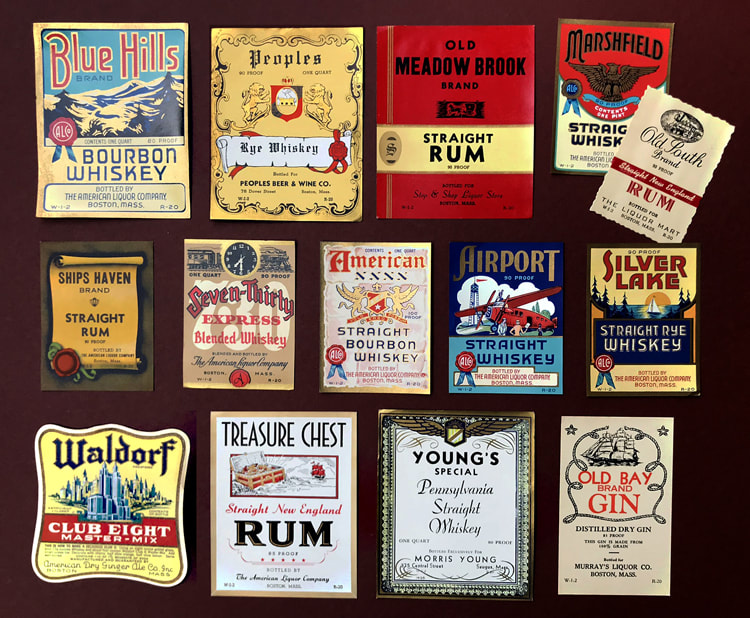
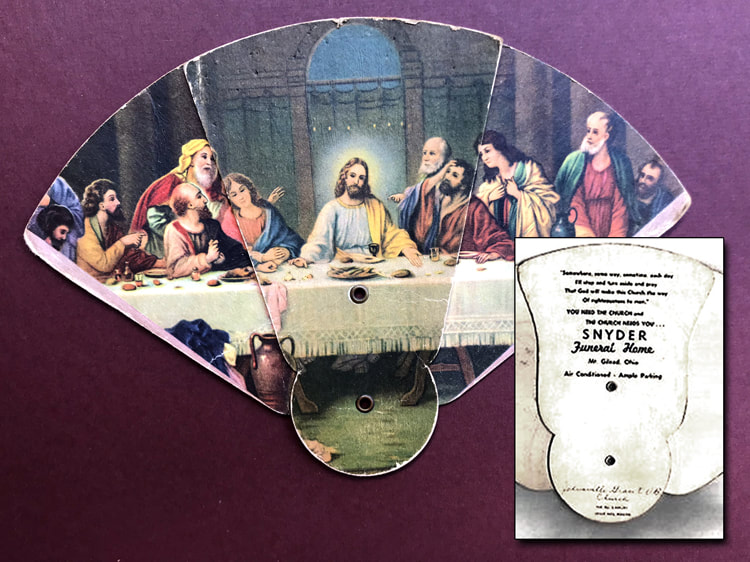
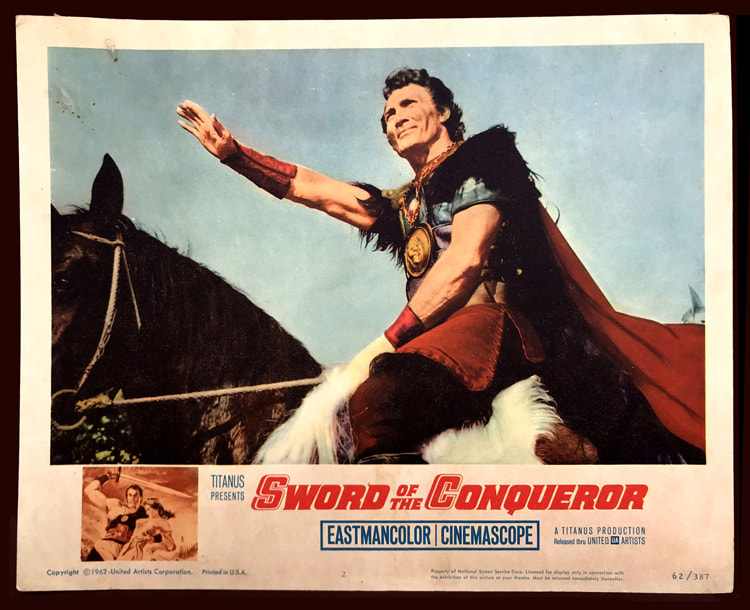
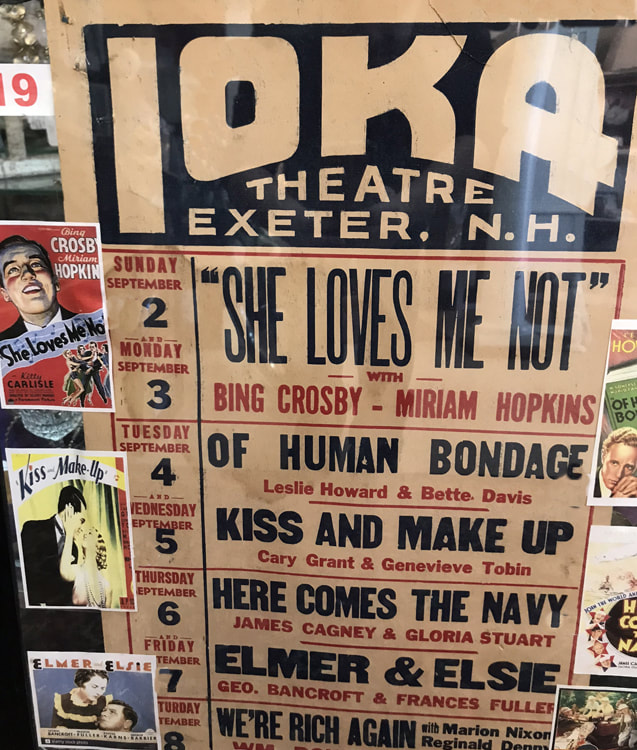
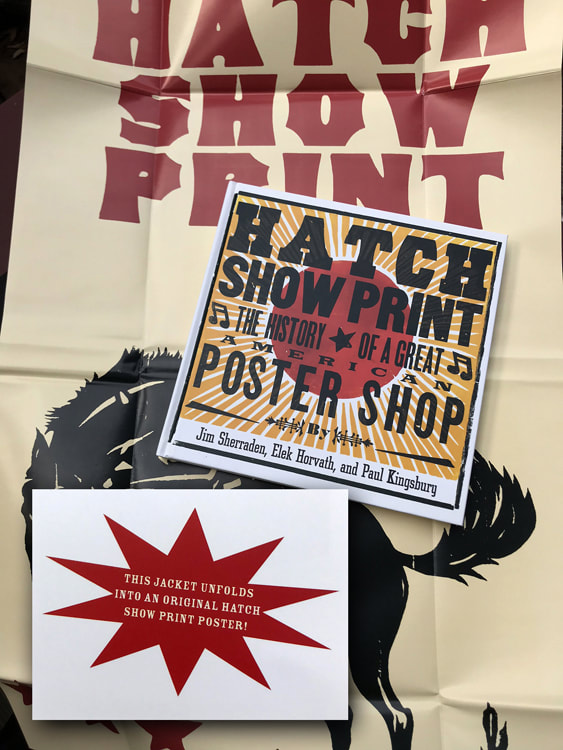

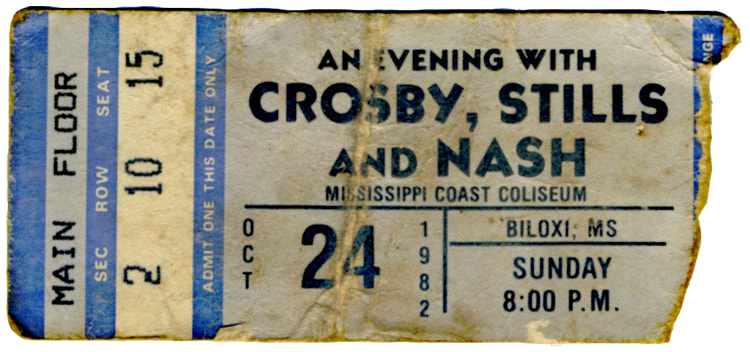
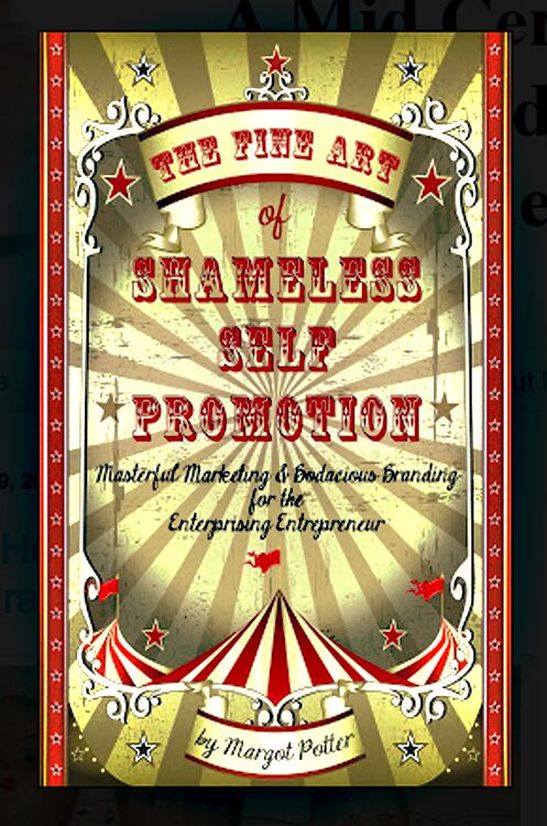




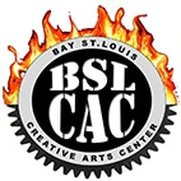











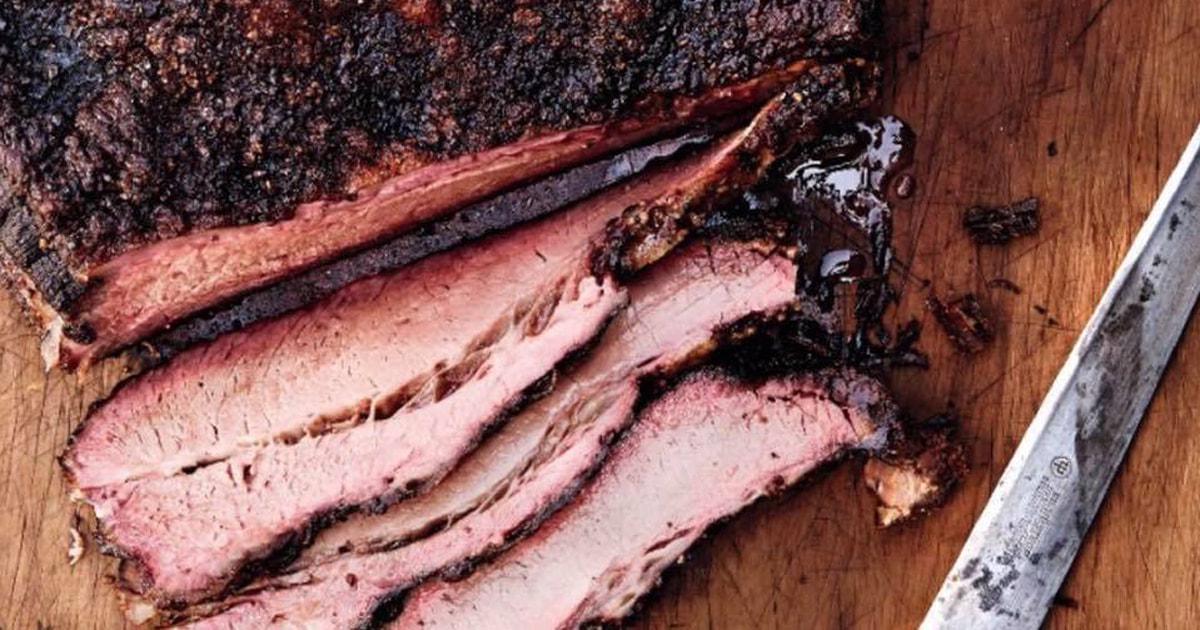

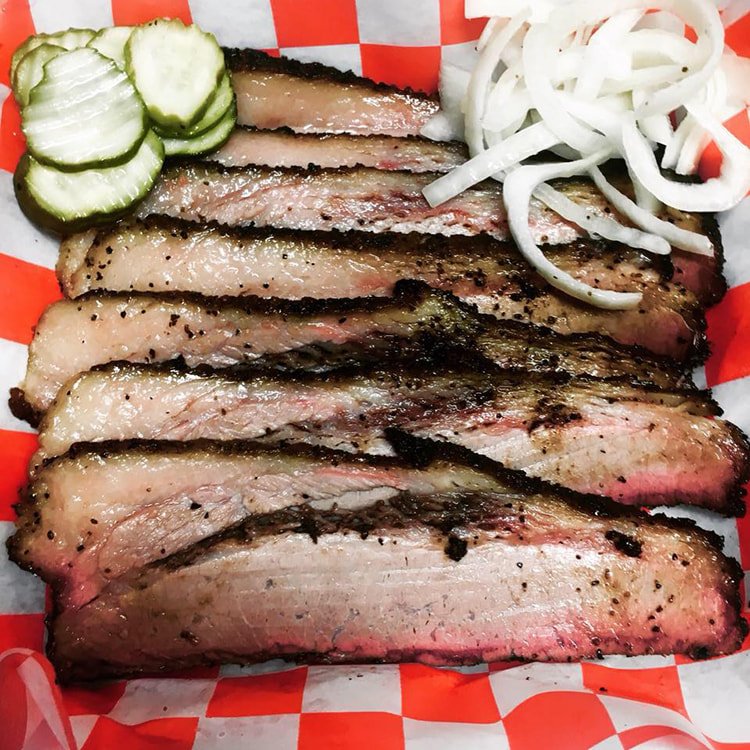

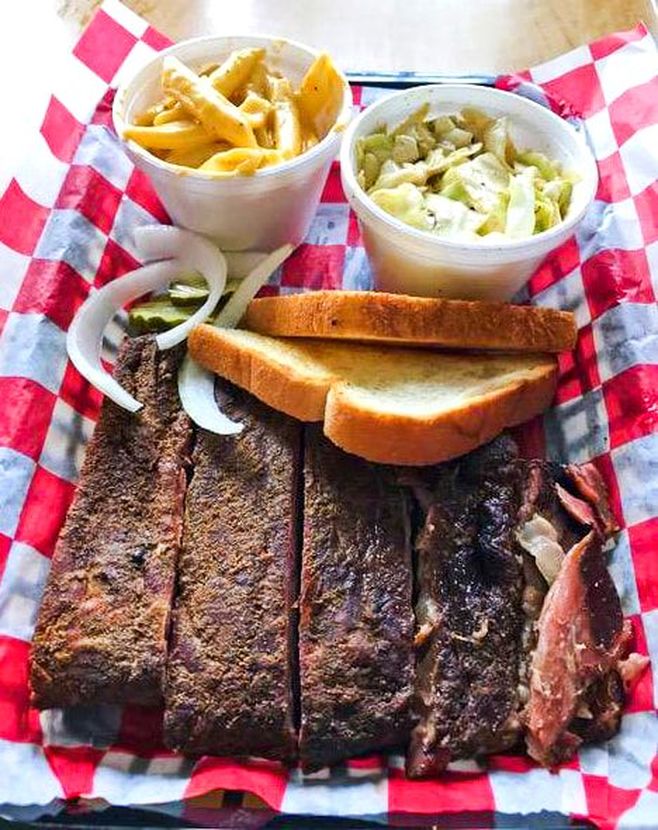

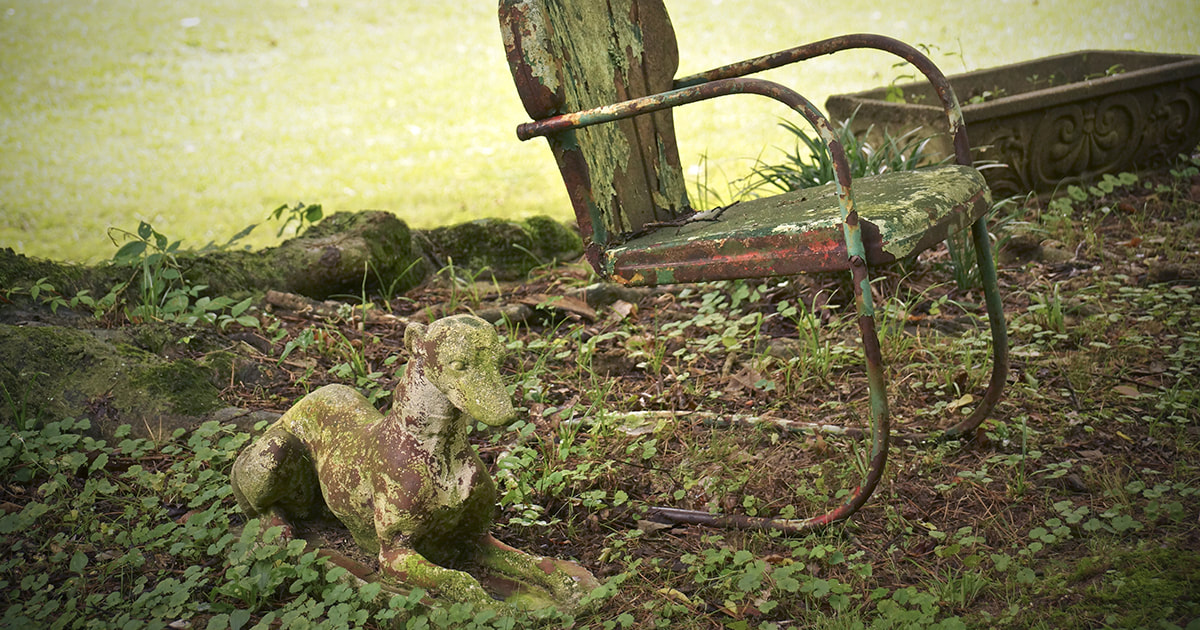
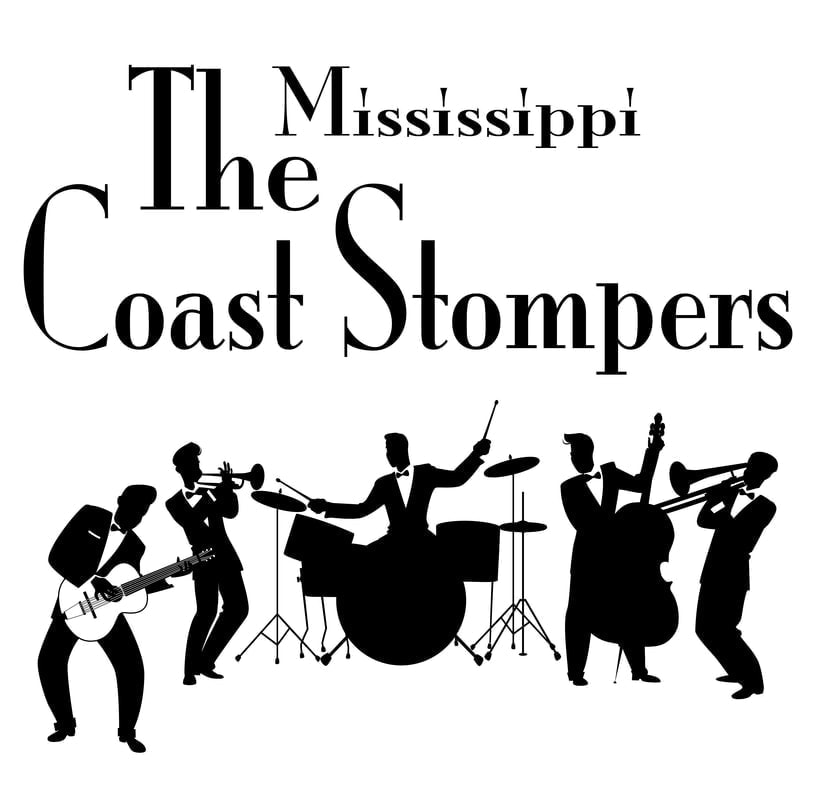


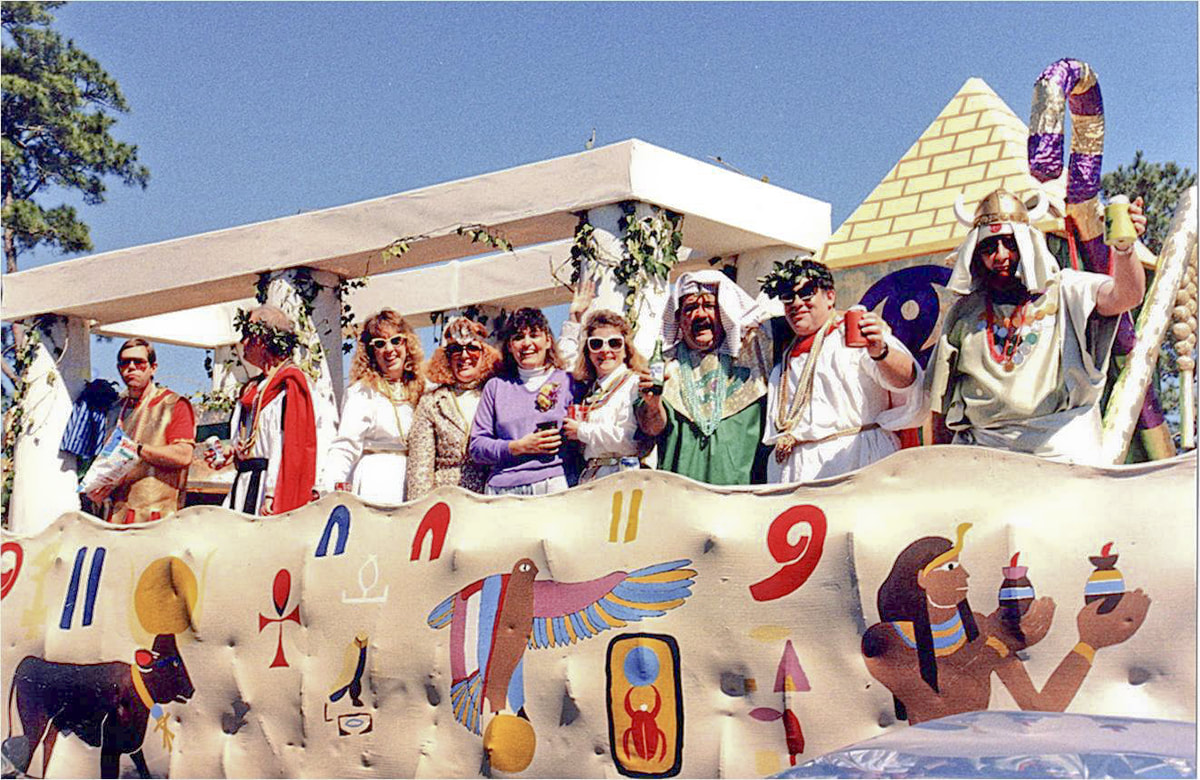
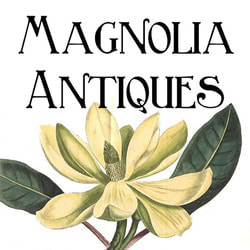
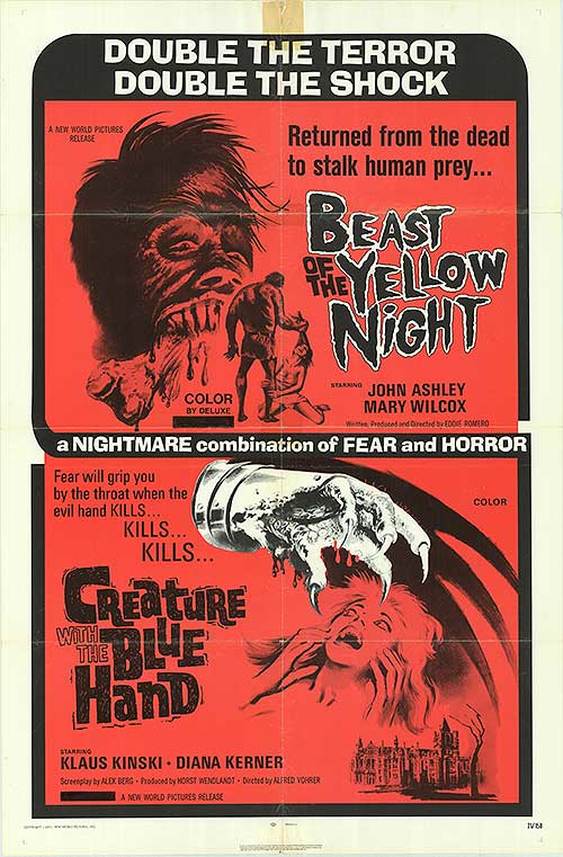

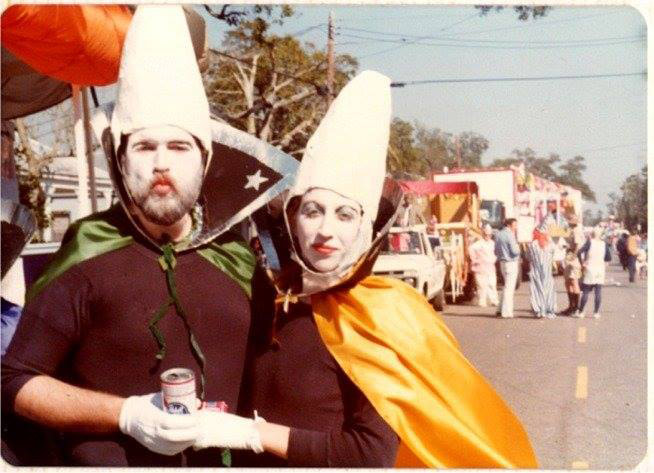
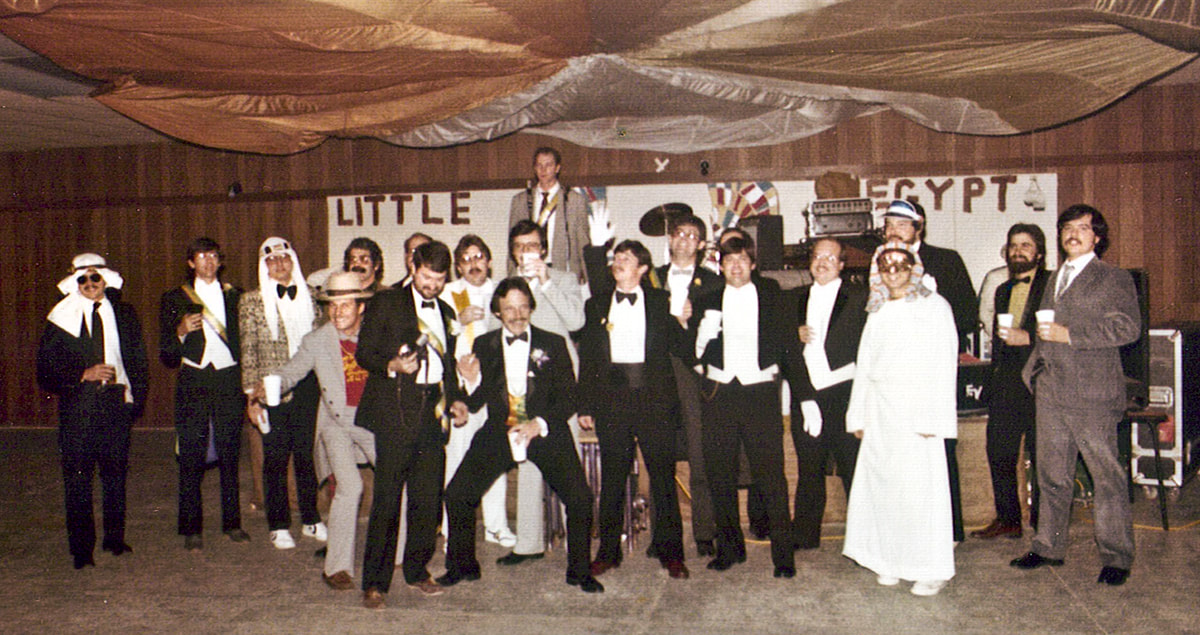



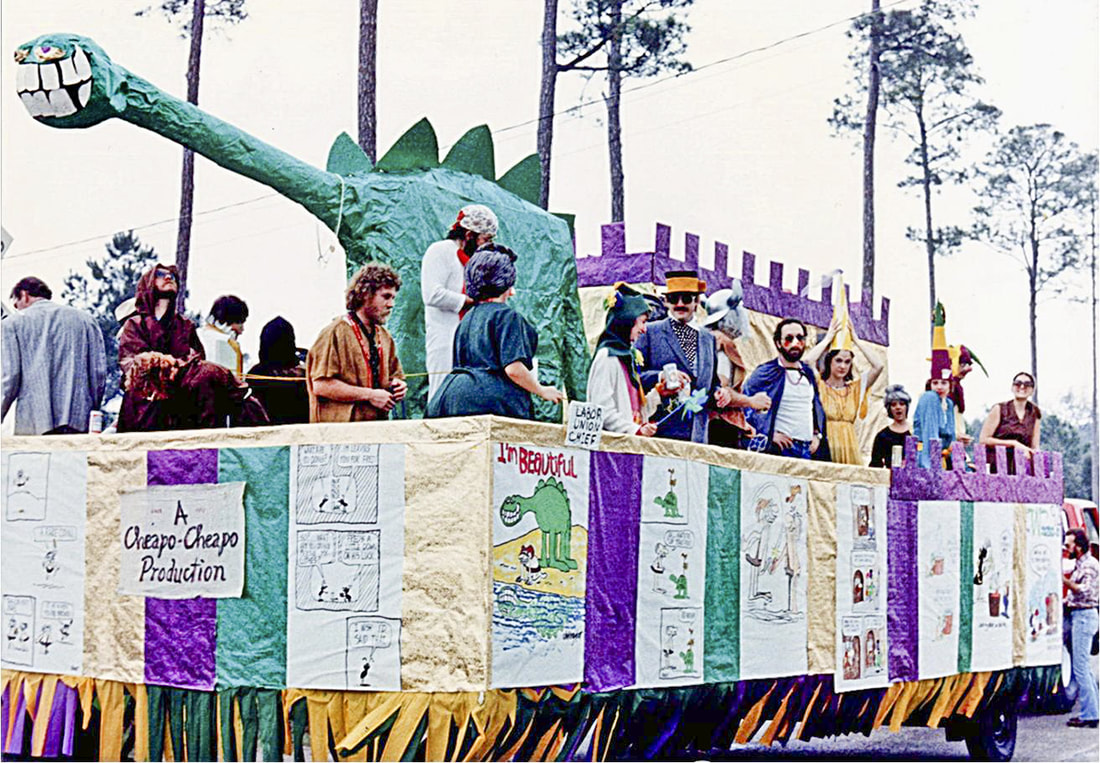


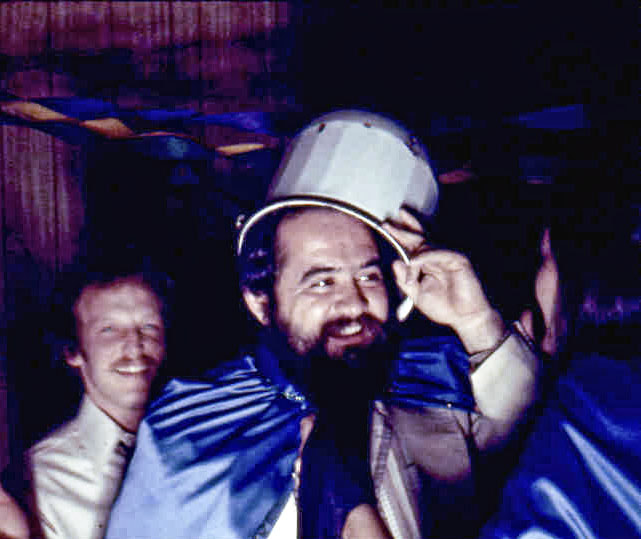




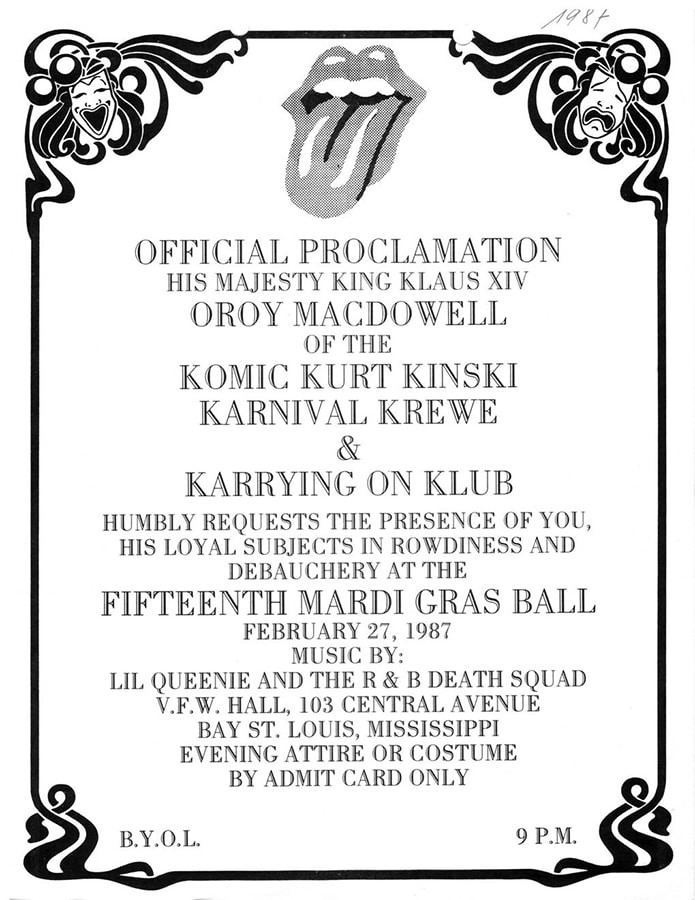













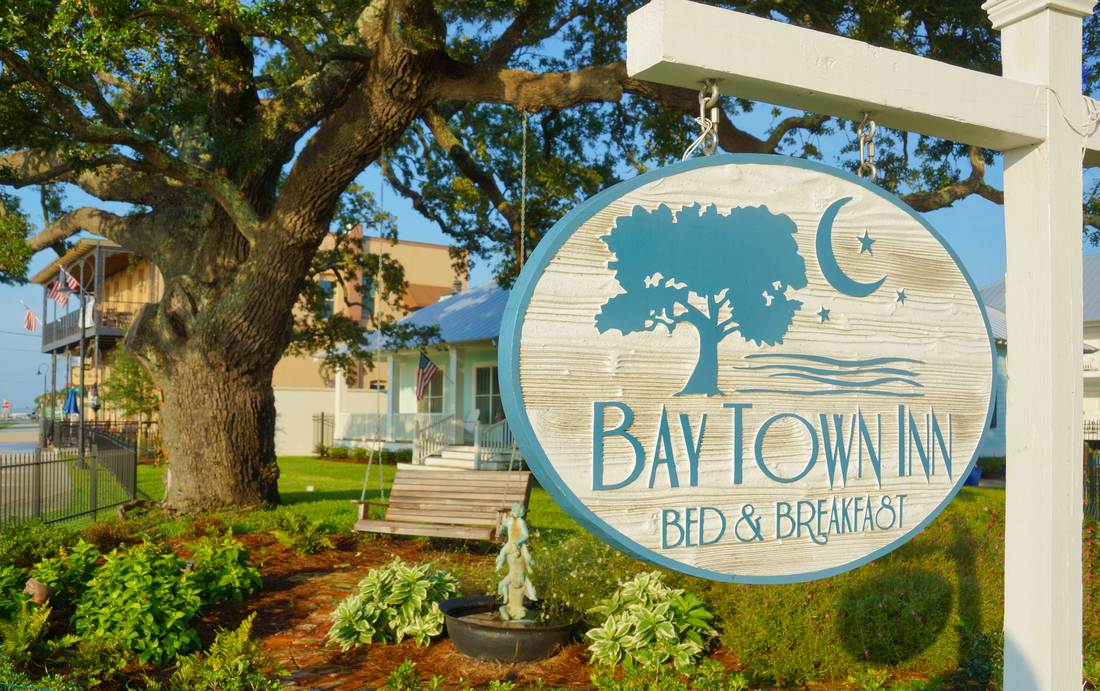







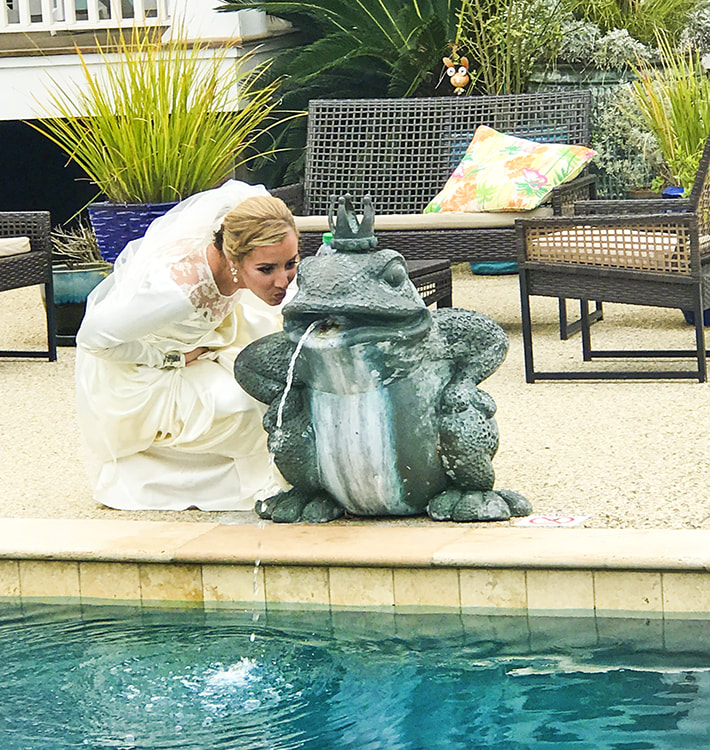





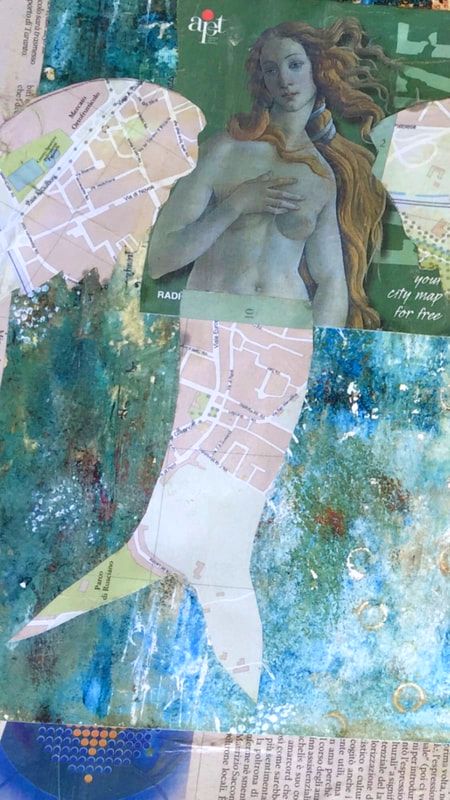
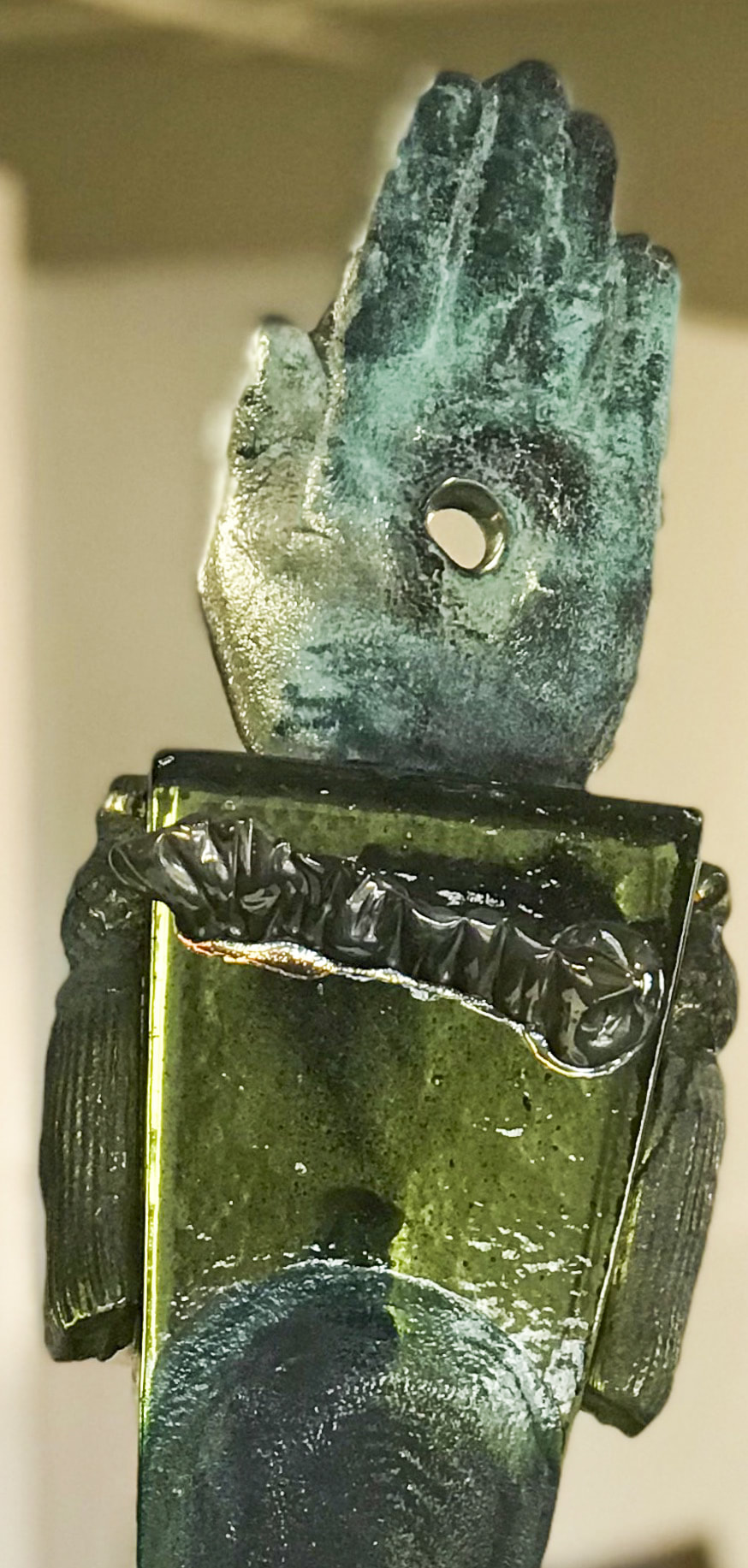
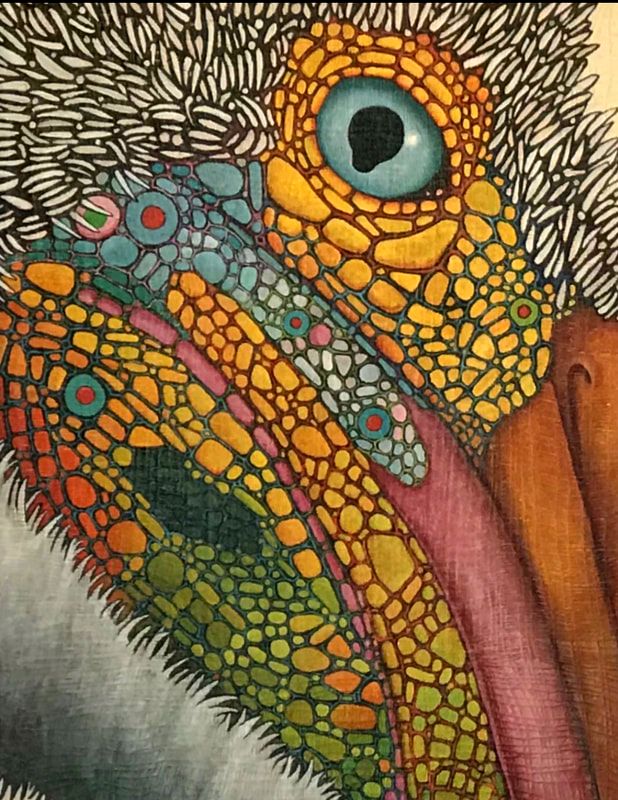
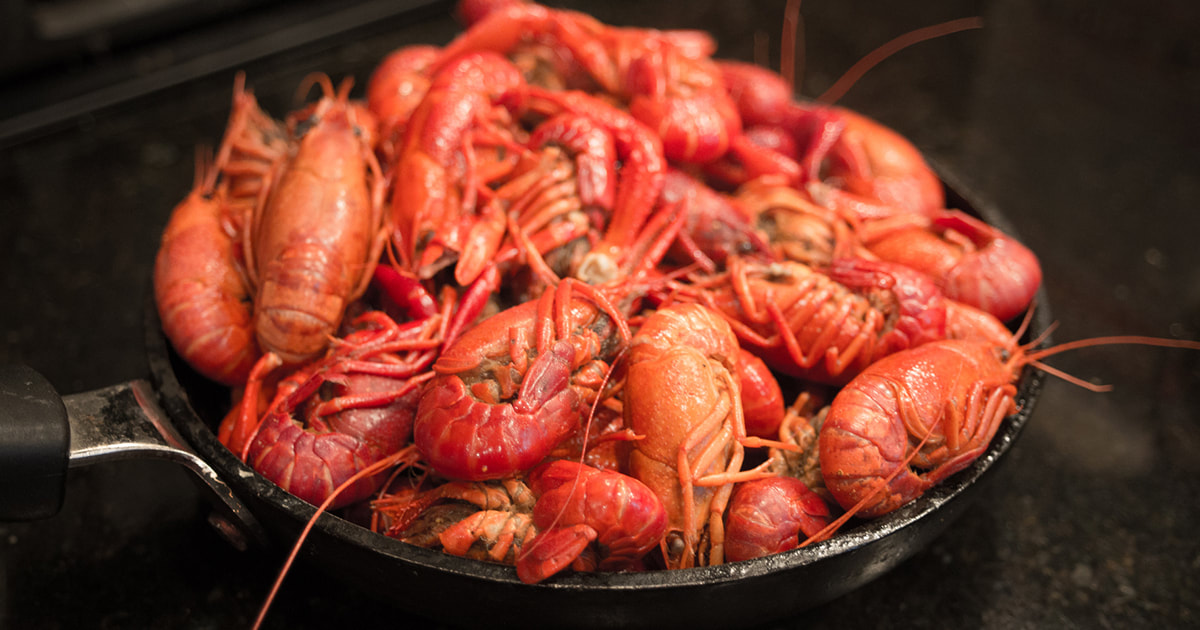
















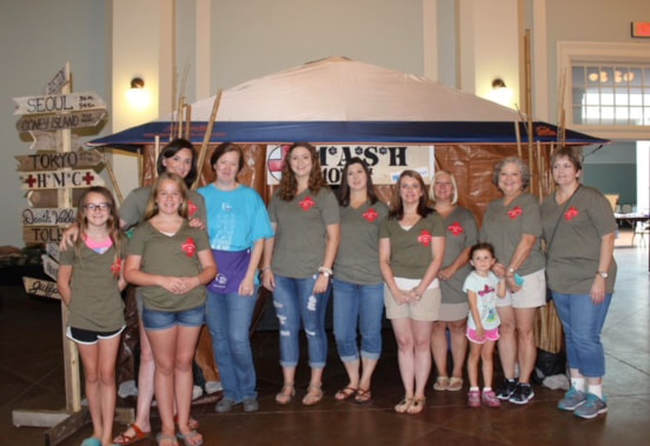

































 RSS Feed
RSS Feed























